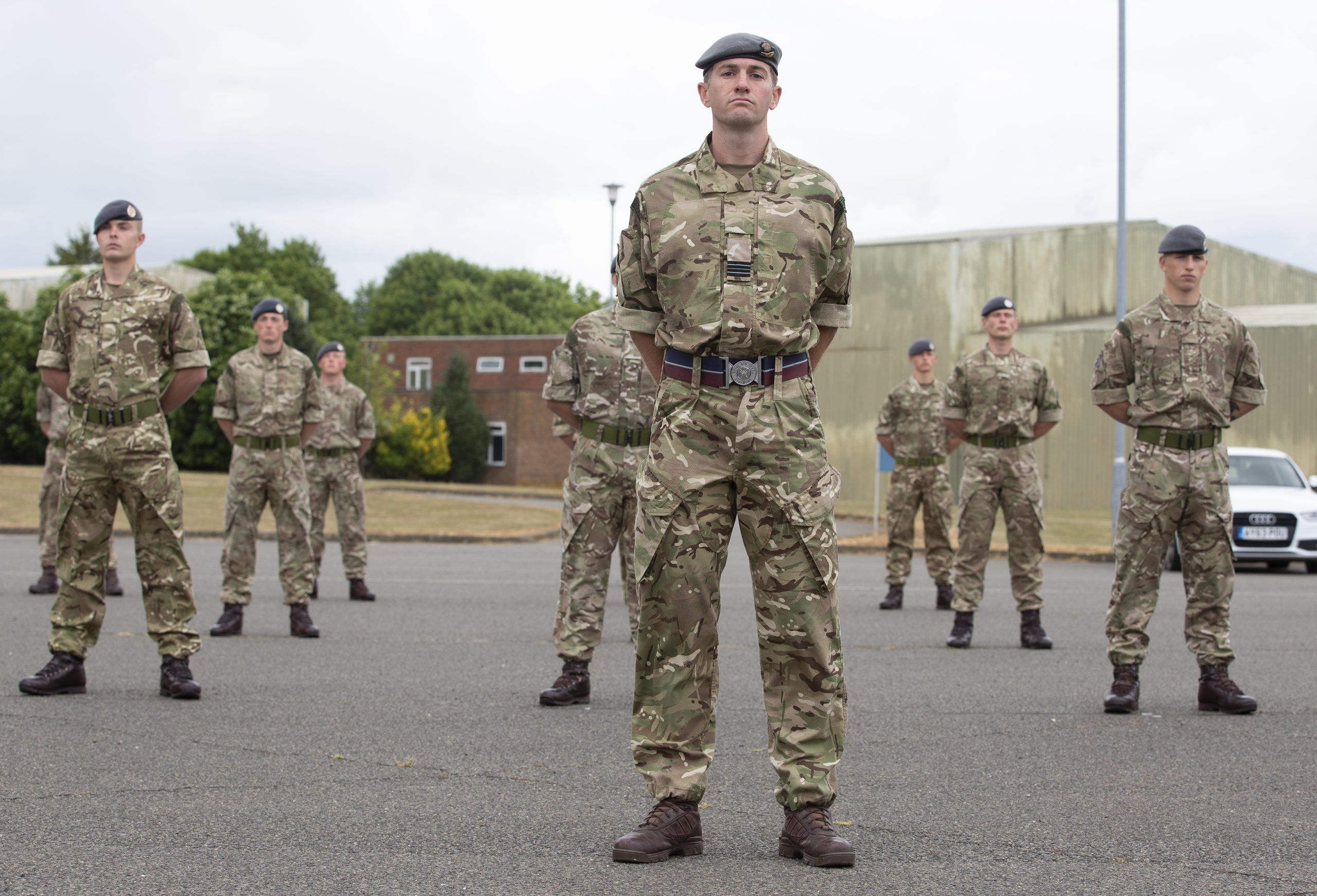Military spouses face discrimination from bosses who see them as unreliable and transient, the Centre for Social Justice (CSJ) has found…
The report, published in partnership with the Forces in Mind Trust, has found that military spouses struggle to find work, leaving them bored and frustrated and often being the trigger for breakdown of the couple’s marriage.
Frequent relocations, the lack of available training courses and the limited employment opportunities on bases and abroad are cited as reasons for the poor employment prospects of military spouses.
Philippa Stroud, Executive Director of the Centre for Social Justice, commented: “It is totally unacceptable that spouses who already have to endure the anguish of seeing their loved-ones risk their lives also have their own life chances diminished. It is vital for the wellbeing of military spouses and that of their families to tackle the causes of their blighted job prospects.
“Serving in the military requires personnel to endure the traumas of conflict. Stable, married relationships have been found to be one of the most effective ways of boosting resistance to the destabilising pressures of warfare. It is therefore entirely in the interests of the Ministry of Defence to invest as much in upskilling and providing careers advice to military spouses as military personnel themselves.”
Ray Lock, Chief Executive of Forces in Mind Trust, commented: “The spouse of a Serviceman or woman is often the lynchpin in their lives, keeping their families together and providing them with critical emotional support. Previous work by Forces in Mind Trust has demonstrated a clear linkage between a stable, resilient and economically prepared family and the likelihood that the Service leaver from that family will successfully transition into civilian life.
“A spouse who is in employment and personally fulfilled is best placed to help someone transitioning out of the Armed Forces to avoid problems of poor mental health, getting into debt or becoming long-term unemployed themselves. Families are self-reinforcing units – what is good for one member very often is good for all. Making sure that family members are equipped to support and sustain each other gives them a better chance in that transition into civilian life.”
Having a spouse in employment was also found to raise the chances of ex-service personnel finding a job. Unemployment among ex-military has remained stubbornly higher than the national average at 8 per cent as compared to 5 per cent. An employed spouse can offer CV advice and use their work contacts to assist the transition to the civilian workplace.
As well as discrimination, military spouses suffer from a lack of opportunity. Low skilled jobs on military bases are increasingly being contracted out by the Ministry of Defence, leaving the option of working as a cleaner or serving in a canteen ever more unavailable.
Spouses often find themselves isolated on remote bases, sometimes unable to afford the bus fare to the nearest town to seek employment.
“For military families living abroad, we have heard that there are even more obstacles to overcome when applying for jobs. When abroad, spouses face employment barriers such as language, short-term residence and lack of access to training,” the CSJ report says.
“Just as poor opportunities on base can harm spouses’ chances of employment, so too can postings. Not only does this limit training opportunities for those with poor qualifications it also severely limits career opportunities for those with developed skills. 86 per cent of the military spouses cited a lack of qualifications – in the form of both work experience and education – as a reason why they had not found a job.
“Each time military families are uprooted and deployed to another location, military spouses invariably have to deal with losing their local network of support, local knowledge, and qualifications. This is particularly true of jobs that rely on local knowledge, experience and reputation to build up a viable clientele of customers.
“Over 25 per cent of spouses whose partners had been posted abroad could not find employment. It leads spouses to resort to applying to jobs that are low-skilled, far lower than non-military women and men with equivalent qualifications would apply for, in order to get work.”
The CSJ recommends that the Government introduce legislation to make it illegal for employers to ask a job applicant whether they are married to someone serving in the Armed Forces. It also recommends that the Ministry of Defence should commit to helping all service personnel and their spouses achieve an A* to C in GCSE English and maths within four years of entering service, or four years after marrying a serviceman or woman.






